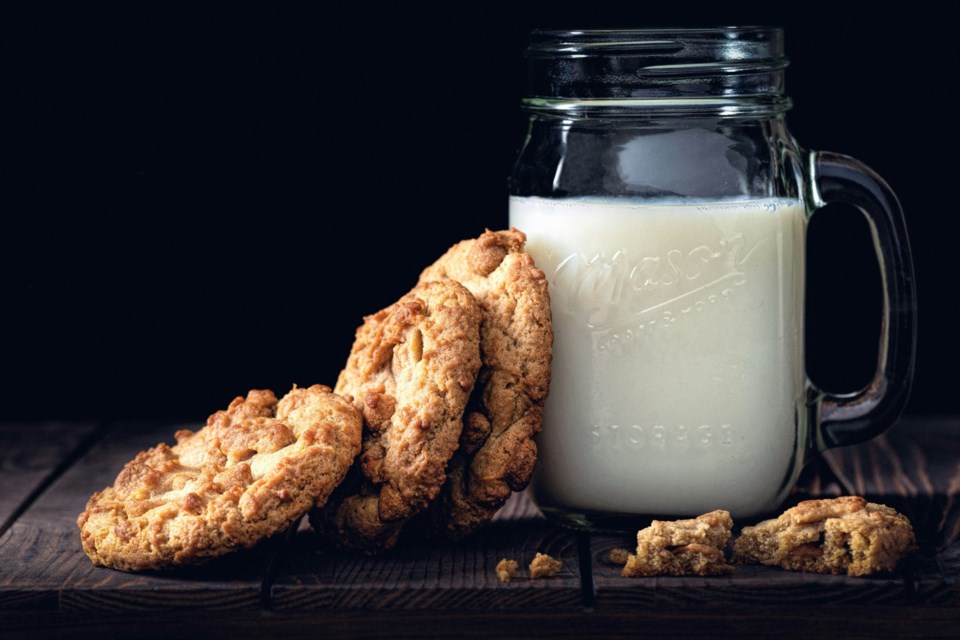WESTERN PRODUCER– It’s so far, so good when it comes to Canada’s milk testing for bird flu because all samples have tested negative so far.
The Canadian Food Inspection Agency confirmed May 14 that it had tested 142 retail milk samples from across the country. All were negative for highly pathogenic avian influenza fragments, and there was no evidence of disease in dairy cattle detected in the milk.
The testing is a response to U.S. cases of HPAI in dairy herds, which have arisen in nine states to date. Fragments of the virus were detected in one in five samples of commercial milk sold in the U.S., according to initial tests done by the U.S. Food and Drug Administration.
“The method used to test foods for HPAI is very sensitive and will detect fragments of the virus, even if the virus is not infectious,” the CFIA said in a statement.
The results support reports that the virus has not been detected in Canadian dairy cows, the agency added.
It also noted Canada’s pasteurization requirements. While Canadian rules allow for raw milk cheeses on the basis that the cheese-making process also kills pathogens, milk must be pasteurized before sale for human consumption.
“The pasteurization process kills harmful bacteria and viruses, including HPAI, ensuring milk and milk products are safe to drink and eat,” The CFIA said.
Milk tests are being done in collaboration with the Public Health Agency of Canada and Health Canada as part of the federal government’s One Health approach. The Canadian Animal Health Institute defines One Health as an integrated approach to fighting infectious disease connecting human, animal and environmental health.
As of April 29, lactating U.S. dairy cattle coming into Canada faced new requirements at the border. Those animals must test negative for the virus within a week before export and must not have been on a site where the virus was found in the 60 days before export.
If animals do test positive, they must wait 60 days before being tested again, and be found negative before they can be shipped into Canada.
The U.S. continues to watch its milk supply. On May 10, the FDA announced that, while no viable virus had made it past pasteurization in the 297 retail milk samples initially collected, sampling and surveillance would continue. Work was also being done to validate pasteurization practices.
Beef is also under scrutiny. On May 1, the U.S. Department of Agriculture announced results of a limited study in which 30 samples of retail ground beef in states experiencing dairy HPAI cases were tested for the virus. All were negative.
The U.S. government is relaxing rules on how long public health laboratories and health care facilities have to handle, store and transport high-risk bird flu samples, Reuters reported in mid-May.
It regulates handling of “select agents,” which include the HPAI strain H5N1, ebola, ricin and anthrax. All such material must typically be destroyed, decontaminated or transferred to a registered select agent facility within a set period.
The new exemption allows one month, up from seven days, to perform many of those tasks for HPAI tests, said Scott Becker, executive director of the Association of Public Health Laboratories that requested the exemption, Reuters reported.Becker said the request was made in case HPAI becomes more easily transmissible between humans. The move reduces the bureaucratic burden, allowing lab staff to focus on testing.
The Biden administration has promised nearly US$200 million to fight the spread of HPAI among American dairies.




